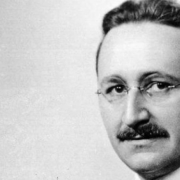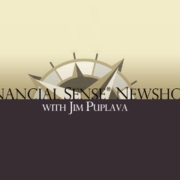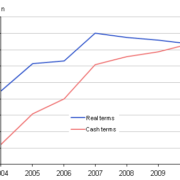Jeremy Vine Show
Following the Robert Peston BBC 2 documentary “Britain’s Banks: To Big to Save?” I was invited to appear on the Jeremy Vine Show yesterday (my segment starts 1 hour and 8 minutes in). I was introduced as the fishmonger who wanted banks just to keep my cash in a safe. This was unfortunate, as I seek to have banks give their clients the option of safe keeping their money or lending it for a duration the depositor is happy with (3 months, 6 months, 9 months, 12, 18, 36, 60 months, etc), with an increasing rate of interest to reflect the sacrifice the depositor is making to suspend consumption now and defer it to a future date. Robert Peston came on to explain the basic working of the banking system, i.e. we deposit, they lend out. This means the money is on the whole not in the bank, but lent to mortgage holders and entrepreneurs. If a number of people want it back all at once, then the bank will fail as it has lent the money out. David Buik of BGC Partners came into explain the essential nature of this banking service. He explained the chief reason why this system fell apart at the time of Northern Rock: it was that the interbank lending market dried up and banks could not borrow short term money off each other to pay redemption requests from their customers. If we have more of a capital buffer to absorb losses and more reserves, this type of event, more than likely, will not happen again. This was his essential message. I asked if he thought it was wrong that a bank can take your money and place it on deposit and tell you that you have instant access to it, in the sure knowledge that they have lent it long, sometimes for many years. He replied of course he did not agree to that. Interestingly, the comments flooding into J Vine were more often of the variety, “if you kept all money in the safe / vault, there would be no lending”, the implication being that the world as we know it would come to an end. There is an art to communicating that I must be lacking. It seems so simple to me, that instead of fumbling around in Switzerland dreaming up more and more regulation, more and more controls, and likewise doing that in each and every central bank and government around the globe, just do what was proposed in parliament recently. Allow people to choose whether their money is safely kept in the bank’s vault (for a modest fee) or lent out, for a specified duration. Then banks will have to lend money to people and enterprises and match their borrowing to their lending. Pension fund and Life companies that currently take in very long term savings (i.e. up to the duration of your life) are ideally placed to lend long to people who need long term debt. God forbid, we might even get back mutually-owned building societies where you historically saved long and they lent long. What could be simpler? Why have we made something as basic as banking, which should be a solid and boring thing, so complicated and so hard for people to understand? P.S. The producer of the program gave me a hat tip to watch Inside Job, a documentary film that he had screened for his staff. Clearly, I am glad to say, the Beeb are taking their research into this matter very seriously. I can’t comment on the film, not having seen it, but from the reviews it does seem to be a must-watch for all people interested in what has happened and continues to happen to our money when it gets into these banks.



![spirit-level-why-greater-equality-makes-societies-stronger[1]](https://tobybaxendale.com/wp-content/uploads/2013/07/spirit-level-why-greater-equality-makes-societies-stronger1-180x180.jpg)



![banksign[1]](https://tobybaxendale.com/wp-content/uploads/2013/07/banksign1-180x180.jpg)



